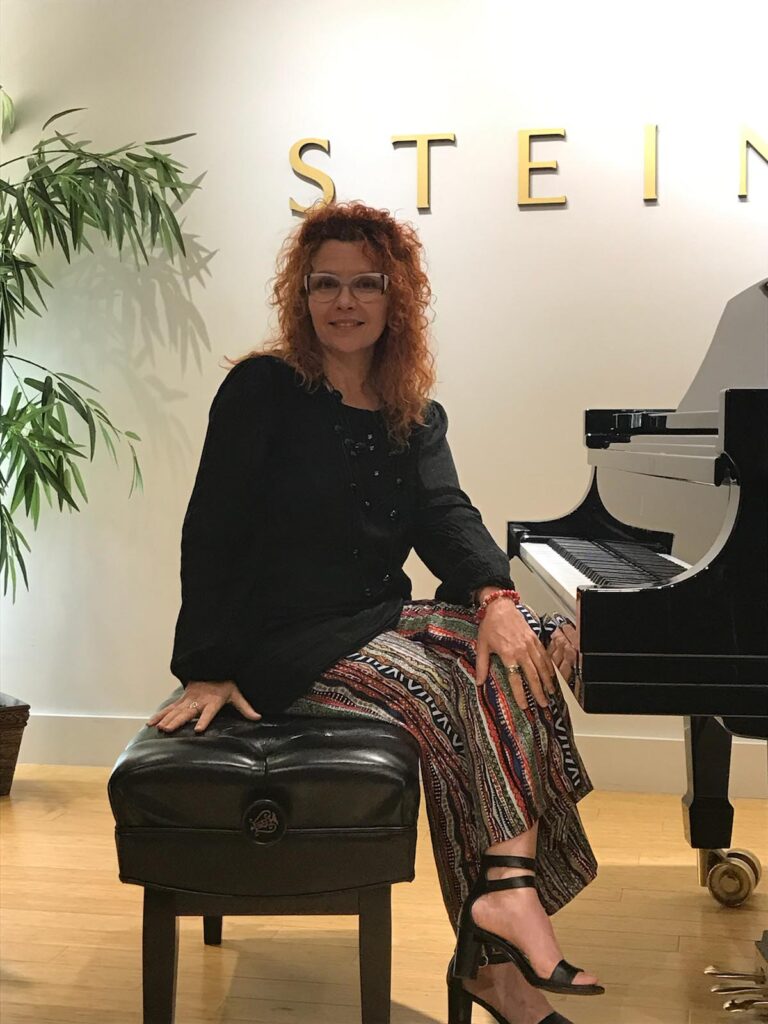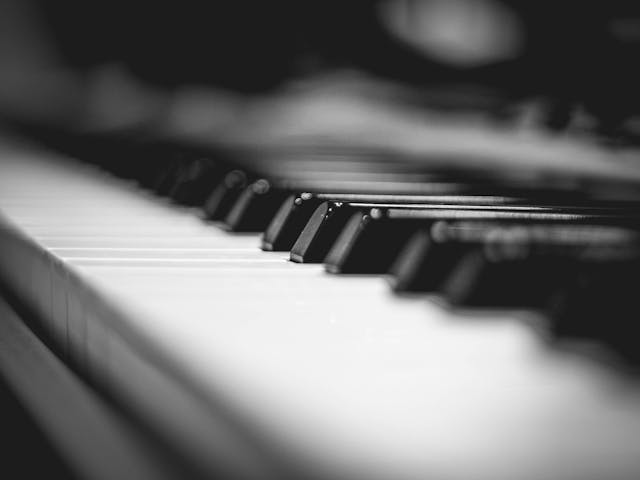Introduction
A Guide to Piano and Singing Classes: The world of music offers a vast landscape of emotions, stories, and cultural heritage that has captivated humanity for centuries. The piano, a cornerstone of classical and contemporary music, is among the most cherished and versatile instruments in this realm. Alongside it, the human voice is the most natural and expressive instrument, capable of conveying the most profound emotions and connecting souls. This guide delves into the enriching journey of piano and singing classes, aiming to inspire enthusiasts and aspirants to explore these timeless musical avenues.
Chapter 1: The Piano – A Symphony of Keys
The Essence of Piano Classes
Piano classes do not merely teach students how to play an instrument; they unlock the door to a world where melodies intertwine with the soul. These classes cater to various skill levels, from beginners who have never touched a keyboard to advanced musicians aiming to refine their technique and artistry. The curriculum typically covers multiple topics, including reading music, understanding harmony and theory, method, and repertoire development.


Choosing the Right Program
Selecting the right piano program is crucial. For beginners, a program that gradually emphasizes foundational skills and introduces music theory is ideal. Intermediate and advanced players might seek classes that offer specialized training in genres of interest, such as classical, jazz, or pop, and opportunities for performance and examination.
The Journey of Learning
The journey of learning piano is both challenging and rewarding. It requires regular practice, patience, and perseverance. Students learn to read music, understand chord progressions, and develop their musical ear. The physical aspect of playing, such as hand positioning and finger dexterity, is also a focus, ensuring a comfortable and effective technique that can be applied to any musical style.
Chapter 2: Singing – The Voice of the Soul
The Power of Singing Classes
Singing classes offer a unique opportunity to discover one’s voice and harness its potential. These classes are designed to improve vocal technique, pitch accuracy, breath control, and emotional expression. Whether you’re a shower singer looking to gain confidence or an aspiring professional, singing lessons can cater to your goals.
Vocal Technique and Health
A significant emphasis is placed on vocal health and technique in singing classes. Proper technique not only improves sound quality but also ensures the longevity of the voice. Instructors teach students how to breathe correctly, use their diaphragm, and produce sound in a healthy and sustainable way.
Expression and Performance
Beyond technique, singing is about expression. Classes often explore conveying emotions effectively, connecting with lyrics, and engaging an audience. Performance opportunities, from recitals to competitions, provide valuable experience and feedback, allowing students to grow as artists.
Chapter 3: Integrating Piano and Singing
Combining these disciplines can be exceptionally fulfilling for those drawn to piano and singing. I was playing the piano while singing, which requires a harmonious blend of skills, enabling one to accompany oneself or others. This dual focus enhances musical understanding and opens new avenues for creativity and performance.
The Benefits of Dual Study
Studying both piano and singing concurrently can deepen one’s musicality. The piano provides a solid foundation in music theory and harmony, enriching the singer’s understanding of the music they perform. Conversely, vocal training can enhance musical expression on the piano, making performances more dynamic and engaging.

Challenges and Rewards
The challenge of coordinating singing and playing can be daunting but is ultimately rewarding. It demands concentration, multitasking, and a deep connection with the music. Achievers in this field often find a unique artistic voice capable of solo performances that are both intimate and powerful.
Chapter 4: The Path Forward
Embarking on piano and singing classes is a journey of personal growth, artistic development, and endless discovery. It requires commitment, but the rewards are immeasurable. Not only do these classes offer the chance to develop technical skills and artistic expression, but they also provide a gateway to a lifelong relationship with music.
Finding Your Community
Music is a shared experience; students often find a community within their classes. Joining choirs ensembles, and participating in music festivals can enhance this sense of belonging and provide a platform for sharing and learning.
Continual Learning
The journey of musical education is only partially complete. Advanced classes, workshops, and masterclasses offer continual learning and improvement opportunities. Embracing the ethos of a lifelong learner ensures that the musical journey is always fresh, rewarding, and full of possibilities.
Conclusion
Piano and singing classes open a world of musical exploration, emotional expression, and personal achievement. Whether pursuing one discipline or both, students embark on a journey that enriches their lives and the lives of those around them. This guide serves as an invitation to explore the boundless beauty and complexity of music through piano and singing classes, offering a path to those eager to immerse themselves in the world of melody and harmony.
